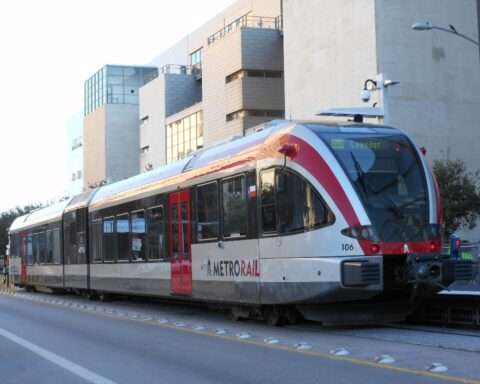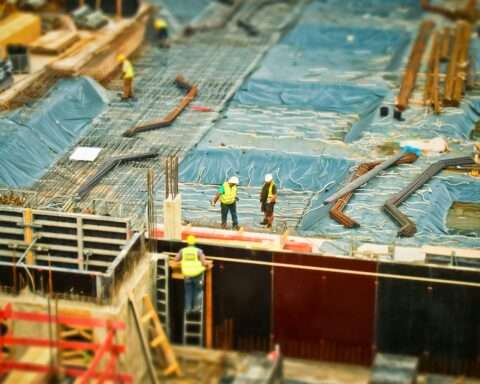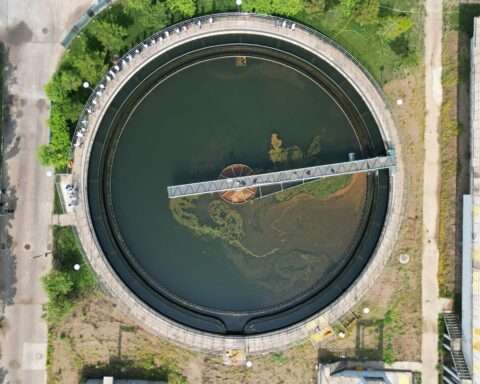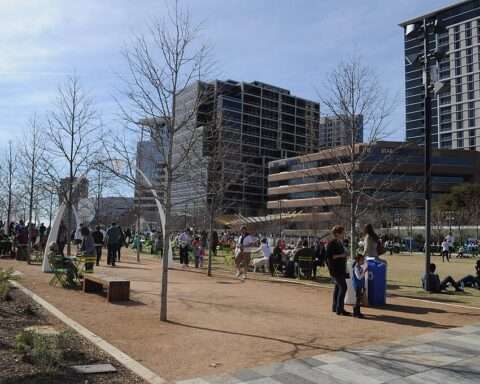As motorcyclist deaths rise across the state, the Texas Department of Transportation (TxDOT) is taking steps to protect riders by improving guardrail design.
In 2023, almost 600 motorcyclists were killed in crashes, with four times that number of riders experiencing serious injury. Motorcycles are much more difficult to notice, and they provide significantly less protection than typical motor vehicles. These factors are among several that have led to an increase in motorcycle deaths every year since 2020.
One of the leading causes of death and injury can be attributed to guardrails. Although guardrails provide a significant level of safety for larger vehicles, they increase the level of danger for motorcyclists. To mitigate the risk of harm to riders, TxDOT designed a guardrail that will provide an extra measure of safety for both cars and motorcyclists.
TxDOT, in partnership with Texas A&M, recently completed a five-year project to determine what guardrail components were the most significant when it came to severe and fatal motorcyclist injuries. The project began after researchers determined there was a correlation between the number of riders and barrier-related motorcycle deaths. Essentially, statistics show that there are more fatal motorcycle crashes than car crashes when it comes to guardrails.
The new guardrail design will retrofit existing guardrails to provide greater protection during crashes. The design has two main components: a protective cap and rub rail. The protective cap can be placed over the top of the guardrail to eliminate sharp edges. The rub rail is placed along the bottom to prevent riders from hitting a post or sliding into another hazard past the rail.
The updated design makes it more likely for motorcyclists to slide along the top or side of the rail, mitigating the risk of severe blunt force trauma, lacerations or spinal damage. TxDOT plans to deploy the solution in areas with above-average motorcycle traffic, areas with a history of roadside motorcycle crashes and areas prone to accidents. The rub rail standard will be released later in 2024.
This solution comes at a time when fatal construction zone crashes are rising in Texas. Between 2017 and 2021, Texas had 582 fatal crashes within construction zones out of 17,549 crashes, accounting for 3.3% of all accidents during that period. This figure is more than double the national average of 1.3%.
Contributing factors in construction zones include narrowed lanes, congested traffic and uneven pavement, making them more accident-prone. Despite variations across states – such as driver skills and worker safety precautions – negligent traffic control and confusing lane markings during construction and maintenance can also cause serious or fatal injuries.












